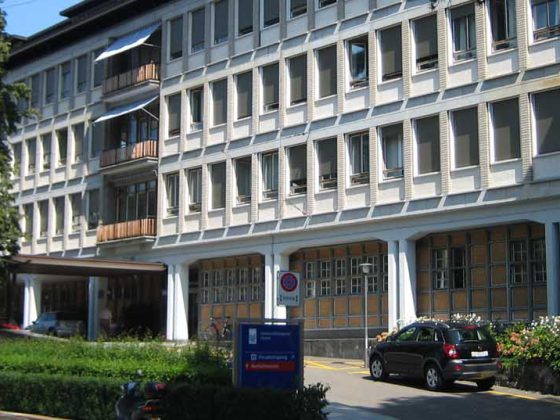The results of the FIRE-3 study, presented at this year’s European Cancer Congress in Amsterdam, emphasize the importance and relevance of RAS mutation analysis (KRAS and NRAS) for first-line treatment decisions. The anti-EGFR monoclonal antibody cetuximab (Erbitux®) showed a significant survival benefit for patients with RAS wild-type tumors compared to bevacizumab.
By means of mutation and expression analyses, patients with metastatic colorectal cancer (mCRC) can be divided into different groups: While patients with mutations in the KRAS and NRAS genes are not suitable for EGFR antibody therapy due to resistance, the FIRE-3 trial shows that non-pretreated patients with RAS wild-type tumors (KRAS and NRAS) benefit from primary combination treatment with the anti-EGFR antibody cetuximab (plus chemotherapy regimen with 5-fluorouracil, folinic acid, irinotecan [FOLFIRI]) benefited significantly: Compared with the bevacizumab combination (bevacizumab plus FOLFIRI), overall survival extended from 25.6 to 33.1 months, a significant survival benefit of 7.5 months.
Mutations in the BRAF gene had no influence. Progression-free survival was comparable in the two groups at approximately ten months.
These results represent a veritable milestone in monoclonal antibody therapy for mCRC. They are an important step towards personalized treatment and provide evidence that treatment decision-making using biomarkers is already useful for the first line. In this way, unnecessary stress in the form of side effects in the case of insufficient response and avoidable costs can be prevented.
Source: Stintzig S, et al.: Oral presentation at ECC 2013, Abstract LBA 17.
InFo ONCOLOGY & HEMATOLOGY 2013; 1(1): 32.











